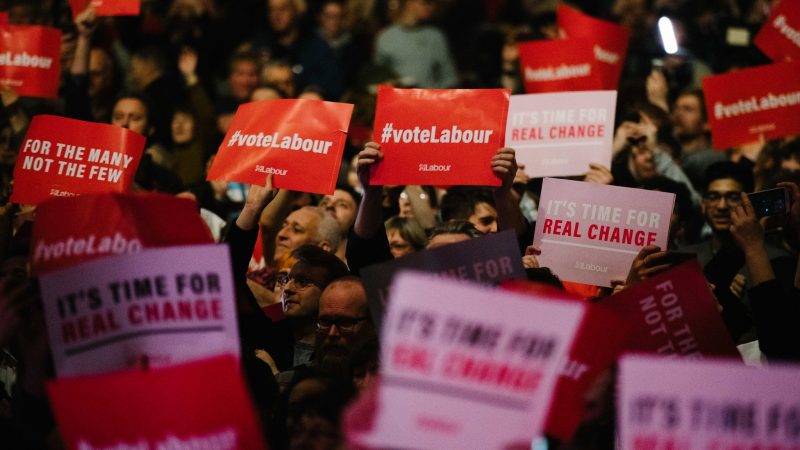
Labour’s attention is rightly focused on the big-ticket issues of the day, like the Chancellor’s summer statement and the government’s confused and confusing response to Covid-19. Internal party matters may be lower down the list of priorities in these difficult times, but don’t let the last-minute opportunity to influence our international policy pass you by.
Responding to appeals from local parties, Labour’s national executive committee (NEC) decided to extend the deadline for responses to the party’s policy consultation by a few weeks. By visiting the policy forum, you can take a few minutes to comment and vote on the submissions of others and/or post your own views until Monday, July 20th. Many of us can identify shortfalls in the national policy forum (NPF) process. But, in a year when no annual conference will take place, this is a rare chance for local parties and members to make their views known.
Responses so far on international policy show continued support for the progressive policy agenda Labour has developed – on Palestine and UK arms sales to Saudi Arabia, to mention just a couple of the most popular posts on the international policy commission page. It would be unwise, however, to imagine that motions passed by annual conference or even policies contained in the NPF’s annual report can be banked on.
The consultation document suggests that everything is up for grabs in the post-Covid era. Take just one example: Venezuela. The international section of the 2019 NPF report to conference included the following passage:
“The Commission considered the ongoing situation in Venezuela having received submissions which unanimously voiced opposition to the US interference in the country. The Commission agreed that the people of Venezuela should determine their own democratic future, free from external influence or military force.”
In ‘Championing internationalism in the post-coronavirus world’, the consultation document published in May, this generally supportive statement morphed into something more critical: “there are unresolved political tensions where human security and civil liberties are regularly by-passed, such as in… Venezuela”. This shift in emphasis was not presented to the international policy commission in the draft we considered before publication.
In another example of policy slide, and despite Britain’s disastrous military incursions in Iraq, Libya and elsewhere, the notion of humanitarian military intervention is creeping back into our dialogue. There is little support from the public or within the party for the interventionist wars of the last decade, which caused the Labour government’s reputation to nosedive and contributed to our 2010 defeat. A YouGov poll in February this year, for example, showed 54% of Labour Party members viewed Stop the War Coalition favourably, compared to the 14% who took an unfavourable view.
The coronavirus pandemic has exposed the consequences of neoliberalism: cuts in public expenditure, deregulation and privatisation have all contributed to rolling back the advances made by working people in the developed economies of the Global North since the end of World War Two. There is little acknowledgement of this overarching reality in the international policy consultation, however.
Responses to the pandemic have already shown that a new way forward is possible, based on social solidarity and notions of human security. In a post-Brexit, post-coronavirus world, Britain can begin to build a new global role. To do so, we must heed the advice of Black Lives Matter, recognise our imperialist past, and begin to build a non-aligned foreign policy, independent of Trump and the United States.
Labour’s post-Covid internationalism starts with reaffirming our commitment to the primacy of peace and justice. As the world emerges from the coronavirus crisis, there will be an opportunity to remake relationships at home and abroad. That means developing policies that:
- defend the right to national self-determination;
- seek conflict resolution not foreign military adventures;
- uphold international law and working through global institutions such as the UN, WHO and the ILO.
We must argue to take this opportunity. Contributing to the international policy consultation is one small way that you can help Labour take a step along this road.




More from LabourList
EXCLUSIVE: A Christmas message from Hollie Ridley
‘Carol of the Bells: Christmas, Ukraine’s resistance and the fight for freedom’
LabourList Christmas quiz 2025 round 3: 12 Days of LabourList Christmas